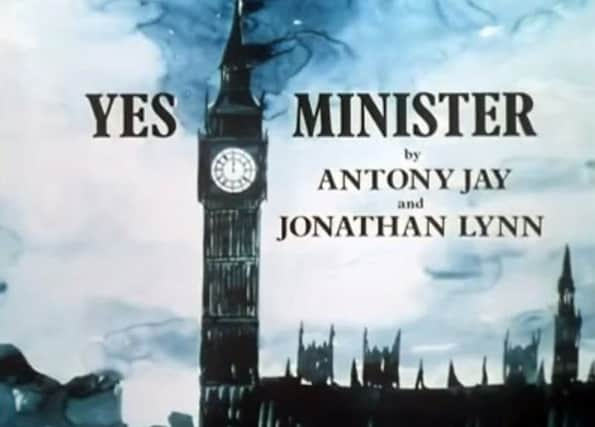It's easier to forecast the weather than outcome of Brexit!


In farming, 2018 will go down as a year of good weather and Brexit and ironically forecasting the weather has become easier than predicting the politics of Brexit. As the year draws to a close we know less about the future of trade and support for agriculture than this time last year. That is a terrible indictment of the government at Westminster. It has failed to forge alliances and is a long way from discussing, let alone concluding, any trade deals with countries outside the EU.
Hopefully the break over Christmas will allow politicians to hear from their constituents that they are less interested in the politics of Brexit than the economics of the consequences. The only practical solution will be based around compromise. Short of a hard, cliff edge Brexit a third of Conservative MPs will never be satisfied. They accept that this would be a major risk for the economy, but deem this acceptable. That is not the view of most farmers who voted for Brexit. They wanted a different approach and a more progressive farming industry.
Advertisement
Hide AdAdvertisement
Hide AdAsk most farmers what would be their ideal Christmas president and they would say certainty about the future. This applies in all businesses, and being told now to plan for a no deal Brexit has added confusion to confusion. No-one has explained how a family farming business can plan for an outcome that even the government does not understand. Its document on planning for a no deal Brexit, so far as agriculture is concerned, said nothing of any practical benefit. Yet these documents are supposed to be the blueprint for business planning. Even the Withdrawal Bill, due to be voted on in January, is full of contradictions. It does not explain how we can have frictionless, tariff free trade without following common rules with the EU-27. If it was an edition of the old Yes Minister television series it would be deemed far-fetched – but this is economic reality as 2018 draws to an end.
None of the options on the table represent a clear road map to the future. That is why, when they want certainty about the future, farmers feel like children desperate to believe in Santa Claus when reality and logic are beginning to dawn. We all want the fantasy of a painless Brexit to a better future for farming, but reality keeps getting in the way. If we were staying in the EU we would know the future support structures after 2020. These will still be based around direct payments. There will also be a new European Commission, new farm commissioner and new MEPs. This means both stability and change are on the agenda in Brussels. By contrast we do not know where Westminster politics will lead in the coming weeks, or even whether the current government will survive to deliver its transition to new support structures for agriculture.
Brexit is an opportunity to do things differently. It can be an opportunity to create a better support system for agriculture and to forge new trade alliances. We could escape the rigid, environmentally driven controls of the EU and go back to the days when technical innovation and productivity were admired rather than criticised. That is what many farmers expected when they voted for Brexit, but there are no signs of that future being delivered. Livelihoods are being decided within the Westminster bubble, and farmers and others can only hang on to see where the ride finally delivers them.
Worryingly, farming and farm support seem to be off the Westminster agenda. The DEFRA minister, Michael Gove, has commented recently on just about everything except agriculture. He is focussed on environmental issues. This is not surprising given the public’s enthusiasm for green issues. This is a danger to farming. Placating the vegan, vegetarian and green lobbies is now a priority over economic issues related to farming and food. This political neglect of agriculture has to change, but how to achieve that when Westminster is calling the shots is not clear.